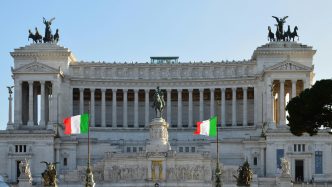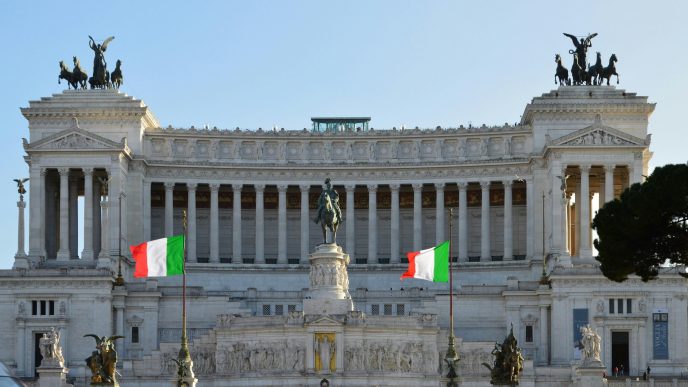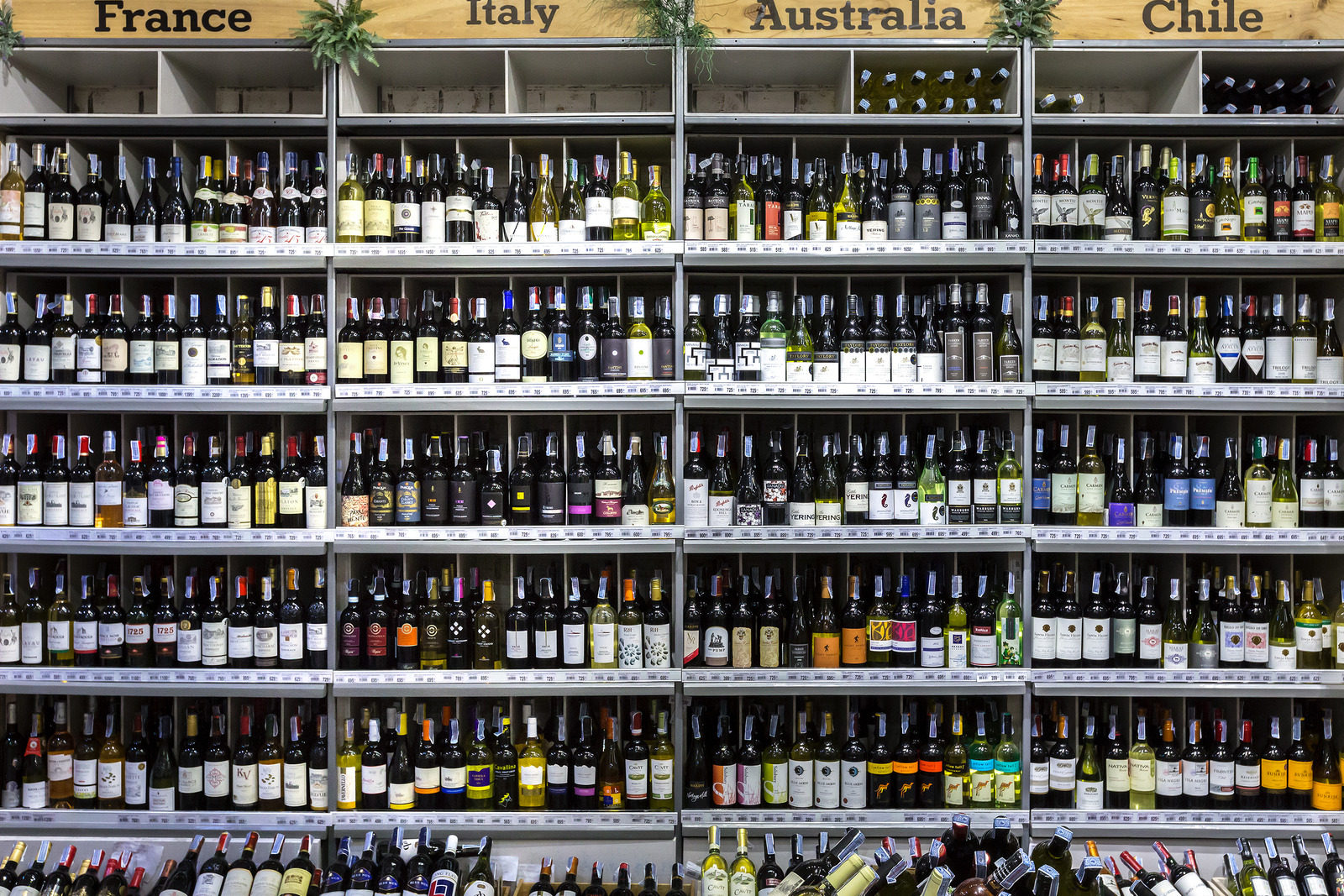Members of the Conservative Party are urging Prime Minister Rishi Sunak to take decisive action in tackling the immigration crisis, which they deem as the “biggest single issue” facing the United Kingdom. Amid concerns that the upcoming official figures will reveal a net influx of people between 700,000 and a million, Conservative MPs fear that failure to curb immigration will result in punishment at the ballot box. To avoid this, they are calling for an end to Cabinet in-fighting and the development of a clear plan to control the number of individuals entering the country.
Concerns Mount Over Rising Immigration Figures
The anticipated rise in immigration figures has sparked concerns among Members of Parliament, with even moderate Tories advocating for immediate action. They emphasise the need to prevent young people on student visits from bringing in family members, introduce changes to the salary cap, and establish limits on the number of annual visas awarded. Former Conservative Party leader Sir Iain Duncan Smith highlights the country’s addiction to cheap labour and urges investment in technology to automate low-paid tasks like fruit picking and cleaning. He argues that high net migration figures exacerbate the housing crisis and must be reduced.
Former Conservative Leader Calls for Investment in Technology
Sir Iain Duncan Smith criticises the current Conservative Party’s apparent inability to make tough decisions swiftly, drawing a comparison to the leadership under Margaret Thatcher. He believes that reducing migration was a key task set by the party during their four years in power and warns that failure to achieve this goal will be viewed negatively by the public. Smith emphasises the importance of promoting the use of technology to eliminate the need for cheap labour, offering significant tax relief as an incentive for businesses to invest in automation.
Government In-Fighting Hinders Immigration Policy
Former cabinet minister David Davis calls for a systematic immigration policy and advises against attacking one another within the party. The ongoing infighting among Tory MPs hampers progress in fixing the immigration system. Professor Brian Bell, the Government’s migration tsar, supports cuts in the number of foreign graduate visas, which often provide a route to low-skilled and low-paid jobs for up to two years after completion of studies. He argues that the offer of a two-year period to do any job is unnecessary and expresses reservations about the graduate route.
Migration Tsar Advocates Cuts to Foreign Graduate Visas
Professor Brian Bell, chairman of the Migration Advisory Committee, joins the call for reducing the number of foreign graduate visas. He questions the necessity of allowing graduates to stay in the UK for two years, as this can lead to an influx of low-skilled labour. Bell’s position aligns with the need for a more focused and targeted immigration policy.
Home Secretary Braverman’s Proposals Challenged by Cabinet Ministers
Home Secretary Suella Braverman’s proposals to cut legal migration face opposition from senior cabinet ministers. While Braverman emphasises the need for the UK to train its own fruit pickers, Chancellor Jeremy Hunt and Education Secretary Gillian Keegan resist the proposed measures. The only agreed-upon proposal so far is to prevent foreign master’s students from bringing their family members to the UK.
Centrist Tory MPs Seek Clarity on Immigration Strategy
Centrist Tory MPs, concerned about the potential backlash from voters over immigration, are demanding clarity on the government’s immigration strategy. They highlight the need for a clear argument on legal migration and express frustration over the lack of a cohesive plan. These MPs stress that constituents are not only outraged by immigration but are particularly concerned about illegal migration. They emphasise the importance of addressing this issue and providing a well-defined strategy.
Balanced Debate Needed to Address Immigration Challenges
The need for a more sophisticated and balanced debate on immigration is echoed by several voices, including Robert Buckland, the former justice secretary. Buckland calls for a realistic consideration of the economy’s growth needs, including filling shortages in care homes and agriculture. The argument emphasises the importance of adopting a nuanced and pragmatic approach to immigration, rather than getting caught up in discussions about overall numbers and illegal migration.
As the debate on immigration intensifies, business leaders stress the need to focus on resolving important economic problems rather than deflecting attention. They advocate for an accessible and affordable business visa system that addresses the persisting issues of skills and labour shortages.
Prime Minister Rishi Sunak faces increasing pressure from within his party to tackle the UK’s immigration crisis head-on. With concerns mounting over rising immigration figures and the potential repercussions at the ballot box, Conservative MPs urge the government to develop a clear strategy that addresses the issue comprehensively. The debate surrounding immigration must be balanced and pragmatic, taking into account the economic needs of the country while considering the concerns of the public. By doing so, the government can navigate the complex landscape of immigration policy and establish a sustainable path forward.










